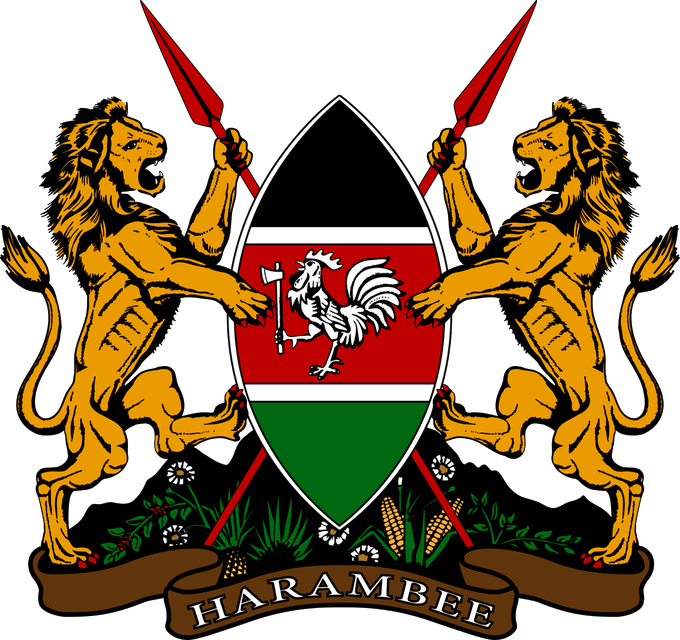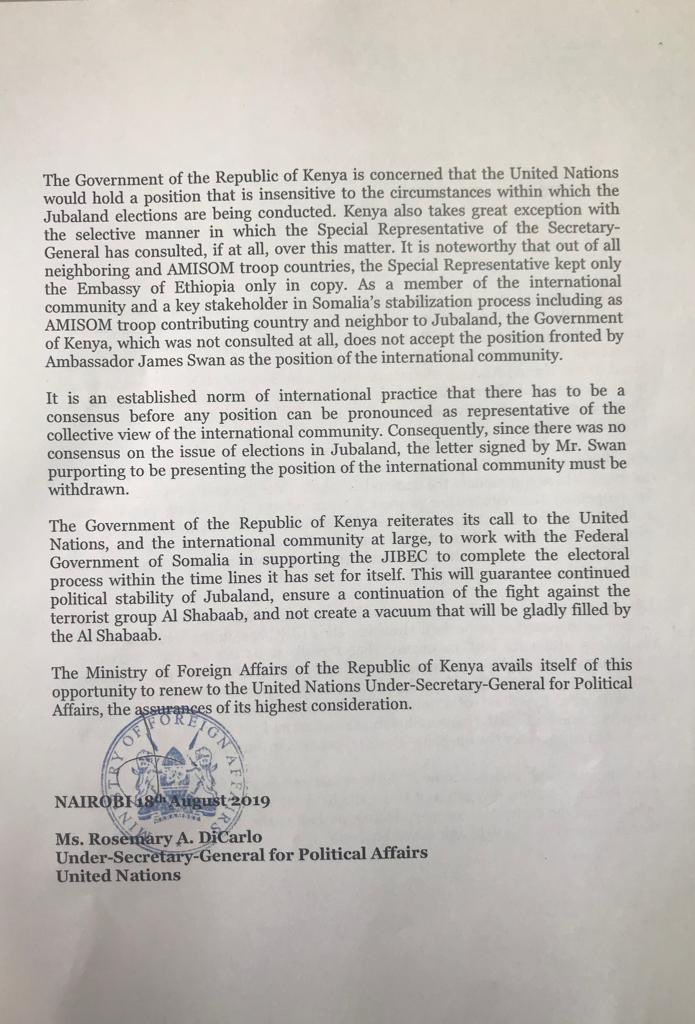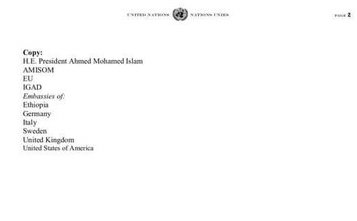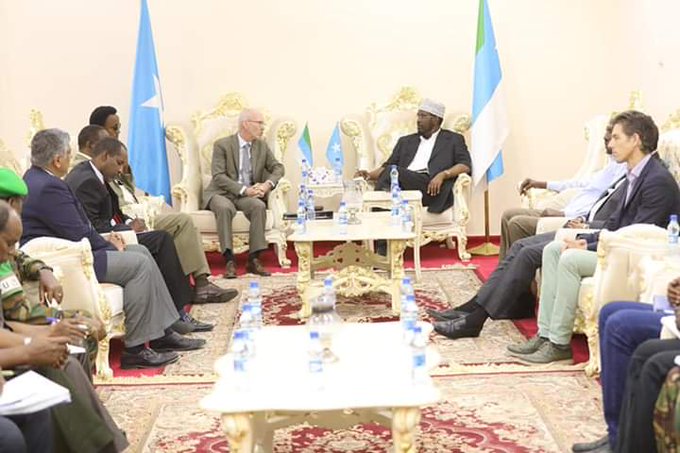Electing a President, albeit in a controlled setting not participated by the general public, is proofing to be more than an election to decide the next president for Jubaland.
All sorts of hands looking out for divergent interests are coming to the open. Who is right or wrong and who, in the end, will win over the rest is hard to see from the exchange of contrasting views surfacing.
The Kenyan government, through its foreign ministry, lambasted the content of a letter which the United Nation’s envoy to Somalia, James Swan, wrote to the Jubaland Independent Electoral and Boundaries Commission (JIEBC), Saturday, calling it unrepresentative of the position of the international community.
“It is an established norm of international practice that there has to be a consensus before any position can be pronounced as representative of the collective view of the international community”, the letter dated 18 August said.
As the Ministry could not establish the existence of a jointly signed position, it urged the Special Representative of the UN Secretary-General to withdraw the letter.
“Consequently, since there was no consensus on the issue of elections of Jubaland, the letter signed by Mr Swan purporting to be presenting the position of the international community must be withdrawn,” Kenya recommended.
It went on to call the United Nations and the rest of the international community to work with the federal government to assist the Jubaland electoral body to conduct its obligations and hold free and fair ‘elections’ within the time frame allotted.
“This will guarantee continued political stability of Jubaland, ensure the continuation of the fight against the terrorist group Al Shabaab, and not create a vacuum that will be gladly filled by Al Shabaab,” the letter stated.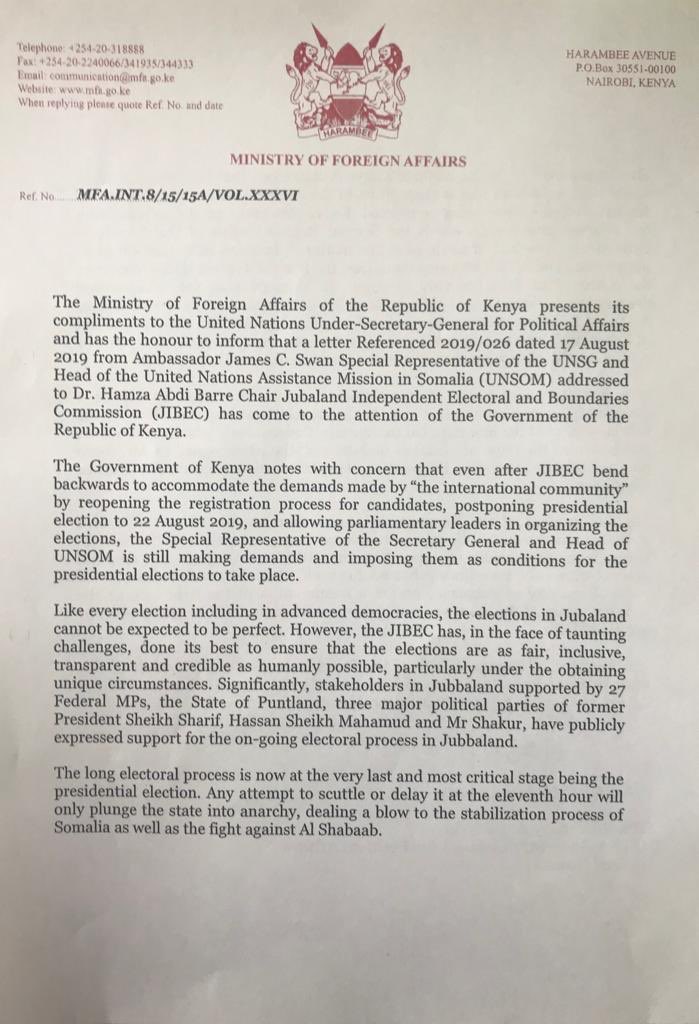
A day earlier, the SRSG, wrote a letter to JIEBC, addressed to its Chairman, Hamza Abdi Barre.
Whilst the letter acknowledged a response to the recommendations of an international delegation Mr Swan led which visited Kismayu on 15 August, it pointed out in no uncertain terms that the steps did in no way cover the changes envisaged.
“Those modest additional measures regrettably fall short of the steps we have previously discussed with you that would build further confidence in the process,” the Swan-signed letter pointed out.
It went on to prophesy a foreboding outcome of the presidential elections unless all stakeholders fully endorsed a transparent electoral process to be followed.
“Unless the key concerns of all stakeholders are addressed,” Mr Swan wrote, “there is a serious risk that the outcome of the electoral process will not enjoy the broad support necessary to maintain unity and stability in Jubaland, and thereby consolidate Somalia’s statebuilding”.
“It is important,” the letter concluded, “that the process is more inclusive and takes place in an atmosphere that makes further progress on political, security, economic and development priorities possible”.
The Jubaland Electoral Commission did not take kindly to Mr Swan’s perceived shortfalls on its efforts and the accommodation it made to the international community’s earlier recommendations.
JIEBC saw the SRSG’s belated abrogation of measures it has taken to complete the electoral process before D-Day on 22 August as unnecessary as the electoral process was on its last stages.
“Commission has taken all possible steps needed to build confidence and trust of (the) electoral process, and further steps were taken to improve the process including (the) international community(‘s) last recommendations,” JIEBC Chairman wrote to the SRSG on August 18 (as below), copying many more partners and stakeholders.
The Chairman, furthermore, argued that he has consulted with members of the newly elected State Assembly, members of parliament and senate at Federal level, registered presidential candidates and other stakeholders.
“..Commission believes all constitutional and legal requirements were fulfilled on the conduct in line with Constitution and electoral laws in Jubaland, therefore, we decided the process of electing a president to continue as planned,” the JIEBC letter stated.



Independent observers believe that formidable forces and interests outside of Jubaland are joggling for positions of supremacy in the outcome of the elections.
Kenya, it is said, favours Ahmed Madoobe to return to the presidency. Ethiopia, backing the Federal President, Farmajo, wants him removed.
Traditional leaders and the State Assembly are firmly standing behind Madoobe afraid that any rocking of the status quo at this stage may plunge the region back to the old warring days between the forces of Barre Hiraale and Ahmed Madoobe or something similar in devastation, strife and uncertainty, toppling the relative stability and progress achieved since then under the incumbent, Ahmed Madoobe.
The Presidential election is scheduled to happen on Thursday, August 22.
Due to the prevailing circumstances, and in order to secure area in preparation for the elections, Jubaland closed all approaches to the coastal state capital.
Jubbaland State of #Somalia releases a statement declaring that it closes air, sea and land from this evening. It’s due to the Presidential election on Thursday… pic.twitter.com/xMMEzqY4Zo
— Jamal Osman (@JamalMOsman) August 20, 2019
James Swan, observers contend, may have been pressured by Villa Somalia to criticize the JIEBC electoral process and how it was prepared or not prepared to conduct the limited process to decide the next Jubaland process within the confines of a hall. There is no one-man, one-vote polling process possible in the whole of Somalia presently.
The Republic of Somaliland, independent of Somalia, has, in contrast, conducted about six elections which had decided the validity of the country’s constitution, three presidents, one parliament and one municipal council, and nationwide on an internationally hailed one-man, one vote exercises.






















